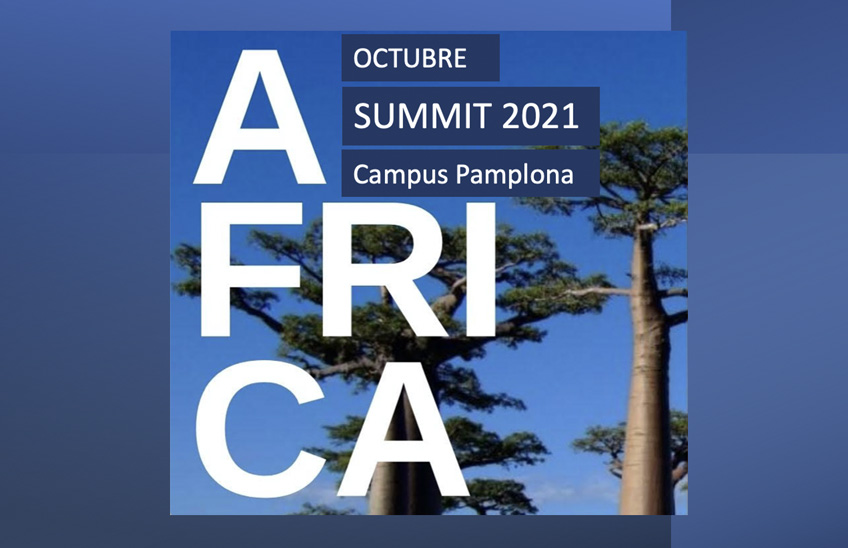Sub-Saharan Africa in the Time of Covid: Resilience and Transformation
The Africa Summit focused on the opportunities opened up by the pandemic for greater regional partnership and the improvement of certain services.

22 | 10 | 2021
The Covid-19 pandemic has not brought the devastation that many predicted for the vast majority of African countries. Although there have certainly been shortcomings in detecting the virus and in attributing responsibility for a certain issue number of deaths, the truth is that Africa has survived the pandemic crisis with resilience; even some sub-Saharan nations, such as South Africa, showed an early reaction to the emergency. This was highlighted by Thenjiwe Mtintso, South Africa's ambassador to Spain, who opened the conference with a firm commitment to increasing Africa's trade relations with Europe.
Precisely the economic difficulties of the post-pandemic world and the challenge that this means for Africa led Ainhoa Marín, senior researcher at the Real high school Elcano, to particularly value the opportunities that the area African Continental Free Trade Agreement opens up.
The Spanish operations of financial aid in the region were the focus of the intervention of Gonzalo Vega, head of department for Cooperation with Sub-Saharan Africa of the Spanish Agency for International Cooperation for the development (AECID). Meanwhile, the more strategic aspect and diplomatic relations were dealt with by Alberto Virella, ambassador at mission statement Special for the Africa Plan of the Ministry of Foreign Affairs, who referred to the Third Africa Plan drawn up by the Spanish government, with a view to 2023.
The security aspects were the responsibility of Colonel Jesús Díez Alcalde, head of the National Security Analysis Unit of the Cabinet of the Presidency of the Government. Díez Alcalde closed the Summit by describing Africa as "the essential continent" and "the epicentre of the international geopolitical checkerboard".
